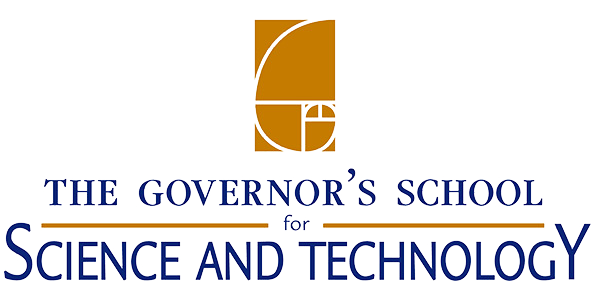Albayrak, Ibrahim
Faculty
Bedir, Islam
Faculty
Email:islam.bedir@nhrec.org
Feygelson, Rimma
Faculty
Fithian, Ellen
STEM Innovation and Outreach Coordinator
Hou, Jiashi
Faculty
Email:jiashi.hou@nhrec.org
Lembersky, Leonid
Program Support Specialist
Email:leonid.lembersky@nhrec.org
Notestine, Jessica
Faculty
Email:jessica.notestine@nhrec.org
Patterson, Mary
Faculty; Head Teacher
Spires, Kristin
Faculty
Venturi, Gaelan
Faculty
Vobrak, Laura
Faculty
Email:laura.vobrak@nhrec.org
Weygand, Dennis
Faculty
Whitney, Kenya
Faculty
Wismer, Vikki
Director of The Governors School
Yee, Deidre
Faculty
Email:deidre.yee@nhrec.org
